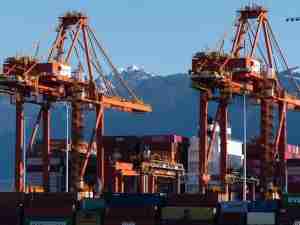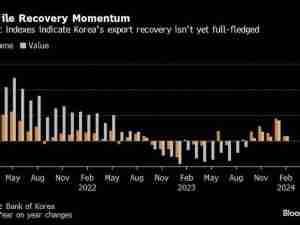A free trade deal between the European Union and South Korea, which took effect on Friday, is expected to eliminate 98.7 percent of duties, create jobs and eventually double trade between them to more than 120 billion euros.
"This free trade agreement is the most ambitious trade deal ever concluded by the EU and should become a game-changer for our trade relations with Asia," EU Trade Commissioner Karel De Gucht said.
The deal is touted to save European exporters 850 million euros in the first year, through cuts in Korean import duties on goods from wine and food to chemicals and cars while eliminating red tape and guaranteeing European investments. The full effects will take years of phasing-in to become apparent.
Talks for a global trade accord having failed at the World Trade Organization, bilateral deals represent a chance to boost growing exports and market share. The EU is moving faster than the United States, China or India to secure them.
In coming years, the bloc hopes to seal deals with Canada, India, booming Southeast Asian states and others.
"EU exporters could be sending 75 percent of their goods abroad duty-free and have the sort of certainty that allows for long-term investment strategies," said Joseph Francois, a senior fellow at the London-based Centre for Economic Policy Research, specialising in regional and bilateral trade accords.
Europe's Apolitical Advantage
Potentially lucrative as they are, free trade deals have been easier for Europe to pursue than for the United States, as well as for Brazil, China and India, and certainly for WTO-outsider Russia.
Europe's still-prosperous 500-million strong consumer base makes it a coveted partner for export powers such as Japan, which has stepped up demands for a free-trade agreement, for fear of losing market share to South Korea.
The technocratic and economically focused nature of Europe's trade negotiators also stands the bloc in good stead to reach agreements unfettered by political tensions.
"Europe's trade policy has one key advantage over that of other trade powers: it's run by a committee of unelected technocrats who believe in the good of trade liberalisation and who are largely insulated from political tensions and pressures," said Richard Baldwin, professor of international economics at the Geneva Graduate Institute.
By contrast, China's enduring reputation as an export predator and questions over human rights have largely stood in the way of deal-making.
Its trade talks with Norway have been frozen since the Norwegian Nobel Committee gave the Nobel Peace Prize to Chinese dissident Liu Xiaobo last year, and consumer markets such as the United States and the EU are too concerned with keeping cheap Chinese goods at bay to enter into trade talks.
Beijing does pose a risk to Europe, however, through a string of informal commercial deals with resource-rich African states.
In India and Brazil, the politically charged nature of trade policy and preference for import substitution, respectively, have slowed progress in trade liberalisation.
And the Obama administration in Washington has struggled with trade agreements that might anger trade unions and divide the Democrats, which has slowed down efforts to reach bilateral deals with Panama, Colombia and South Korea.
"Let's face it, the United States doesn't have a functioning trade policy these days," said Vital Moreira, chairman of the European Parliament's international trade committee.
Internal Advantage
Deals may take years to be agreed and can stall for long periods, as in the case of Europe's agreements with its former colonies. Beyond that, the European Commission's negotiators must get them past the bloc's 27 governments and the European Parliament as well as civil society groups.
But while issues such as climate chang








